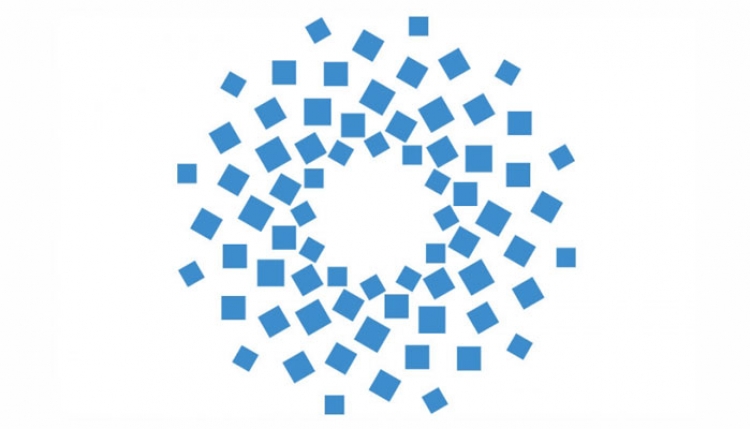Unilever’s Lipton Jebel Ali (LJA) factory has been awarded World Class Manufacturing (WCM) status at the Bronze level, becoming the first manufacturing facility in the Middle East to achieve this distinguished accolade. WCM is one of the highest and most rigorous certifications that can be achieved to ensure a stringent commitment to operational efficiency, wastage reduction and creating cost efficient processes by using the latest cutting-edge technology and through workforce empowerment. Currently eight out of Unilever’s 260 factories have achieved WCM status, placing the LJA Factory in the top 3% of all Unilever factories globally.
Proudly bearing the “Made in UAE” label, the LJA factory is now counted amongst the top tier manufacturing plants in the world and has firmly established the UAE at the forefront of its journey towards sustainable economic growth. The LJA factory is currently the largest tea manufacturing facility in Unilever producing more than 50 million tea cups per day and nearly 20 billion tea cups a year, while exporting to 63 countries including Eastern Europe and Canada, from the UAE.
“Our commitment to sustainability and manufacturing excellence enables us to make tangible contributions towards the UAE Vision 2021 and the next stage in the roadmap as laid out by H.H. Sheikh Mohammed bin Rashid Al Maktoum. Achieving WCM certification places the Lipton Jebel Ali Factory in the league of premiere manufacturing facilities in the world and demonstrates our commitment to being at the forefront of sustainable solutions, excellence in manufacturing and innovative technology,” said Sanjiv Kakkar, Executive Vice President – Unilever MENA, Turkey, Russia, Ukraine and Belarus.
“We are extremely proud of the achievements of the Lipton Factory – by being the first in the Middle East to successfully achieve WCM status, the Lipton factory has been established as the leading industry benchmark for superior manufacturing performance. Three years is a commendable time frame, versus the current industry average of five years, to review and enhance all processes for Unilever’s largest tea manufacturing operation. We have seen remarkable results ensuring the speedy delivery of premium quality products to MENA and global markets with minimal environmental impact,” commented Yasir Jamal, Unilever's Vice President of Supply Chain for the Middle East and North Africa region.
Developed after decades of research, by Japanese scientist Hajime Yamashina, Professor Emeritus at Kyoto University in Japan, WCM is centered on ten technical and managerial pillars to ensure exceptional performance and manufacturing excellence. Since implementing the WCM protocol, the LJA factory has seen increased efficiency across all major processes, including a 95% reduction in the time required for cleaning, inspection and lubrication of machines, 30% improvement in work force efficiency and 40% increase in effective factory layout. In conjunction with the WCM rollout, the LJA factory has also achieved zero waste to landfill status where 100% of all non-hazardous waste is diverted from landfills, including; plastic, carton, metal and 100% of liquid waste. LJA is also the first factory in the Jebel Ali Freezone to be established as a zero-waste facility in January 2014. All of Unilever’s 260 factories were declared ‘Zero Waste to Landfill’ in 2014.
The LJA factory is two-time winner of the Mohammed Bin Rashid Al Maktoum (MRM) Award for Best Manufacturing Unit in UAE in 2008 and 2013.
Unilever is committed to reducing its environmental impact via increased efficiency and better use of resources and is on track with its global ambition of becoming 'carbon positive' by 2030.






